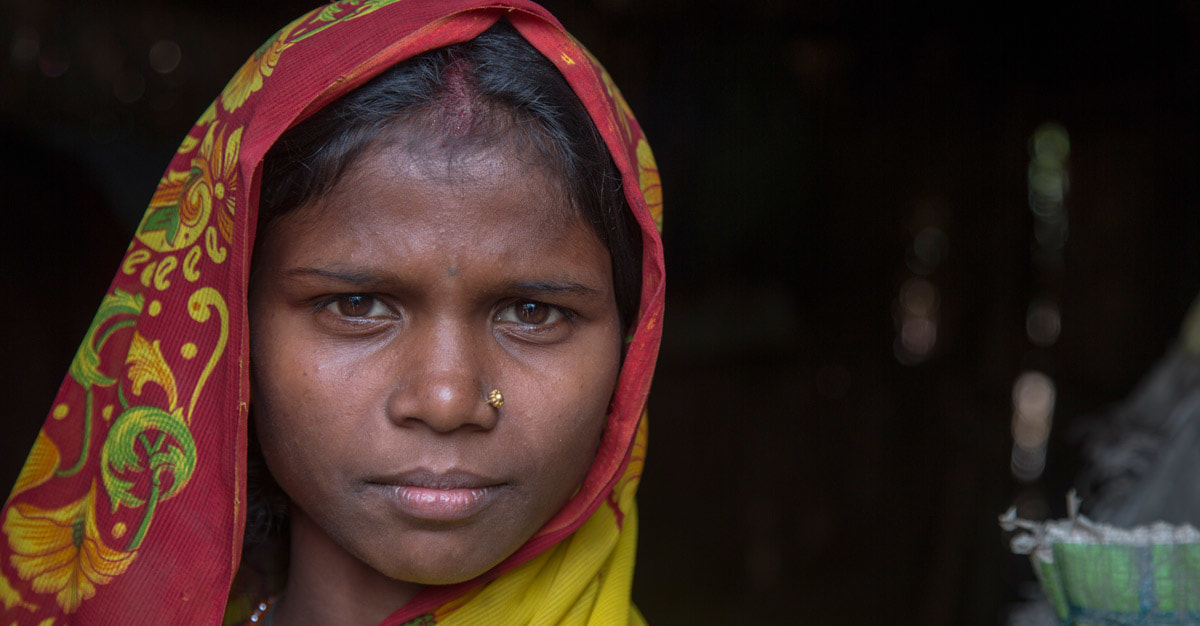|
The 2018 theme for this year’s International Women’s Day is #PressForProgress, with the organisers of the movement describing how “While we know that gender parity won't happen overnight, the good news is that across the world women are making positive gains day by day…there’s indeed a very strong and growing global movement of advocacy, activism and support”. Despite significant economic progress in India, there are gaping inequalities, and these inequalities are further pronounced for women. A flagship report from UN Women shows that a young woman from a poor, rural household in India is 5.1 times as likely to be forced into child marriage and 21.8 times more likely to have never attended school than women from wealthier, urban areas.
The report goes on to say that the average Dalit woman in India dies 14.6 years younger than women from higher castes. The main focus of our work in India is to use education to break the cycle of caste discrimination for Dalit communities in Bihar State. The two partner organisations we work with are not only lead by women, but ensure that the women they work with are encouraged, supported and given positive opportunities. Varsha Jawelgekar who leads the work of Parivartan Kendra in the rural communities outside Patna says “There are hundreds of women and girls who have come into contact with Parivartan Kendra (PK) and it has changed their lives. Half of our team are women and 98% are from Dalit communities. They were all mentored to become volunteers and slowly given the opportunity to work as staff”. Sr Veena Jacob, founder of Navjeevan Educational and Social Welfare Centre (NESWC), heads up activities in the urban areas of Patna. She describes how “Women and girls believed that their situations couldn’t be changed but now, after working with them, they have begun to believe that if they are given the right opportunities, change is possible”. The work in Patna includes supporting Women’s Groups attached to each Learning Centre and ensuring Gender Equality classes which are creating a significant impact in areas of child marriage and discrimination against girls. In some of the rural communities, we have seen how having women role models as teachers is broadening the perspective of the girls they teach. A group of older girls in Madhual Village described how they were previously not allowed out of the house, and often faced harassment on the way to wherever they were going. This would continue until they are married. They said ‘Now we go to school though, and we are no longer afraid because our teacher is a woman. The best thing was attending the summer camp in Patna as we had never left the village before. It made us feel free and now we dance in the open and at each others houses!’ With a third organisation on the border of Nepal, we also support women and children to escape prostitution and trafficking, by supporting the provision of vocational education. Without this type of training, the girls report that the overwhelming expectation upon them is to work in the sex trade by age 18 or sometimes younger. For this reason, the sewing skills programme provides a critical way out of prostitution for 30 women each year. Support usComments are closed.
|
RECEIVE OUR EMAILSBlog Categories
All
Archives
July 2024
|
|
JOIN US ON SOCIAL MEDIA
|
Annual Report | Contact Us | Jobs | Media Centre | Resources | Shop
Accessibility & Policies: Accessibility | Equity, Diversity & Inclusion Policy | Complaints| Privacy Policy | Safeguarding
Accessibility & Policies: Accessibility | Equity, Diversity & Inclusion Policy | Complaints| Privacy Policy | Safeguarding
Children on the Edge, 5 The Victoria, 25 St Pancras, Chichester, West Sussex, PO19 7LT, UK | 01243 538530 | [email protected]



 Give monthly
Give monthly Fundraise for us
Fundraise for us RSS Feed
RSS Feed
